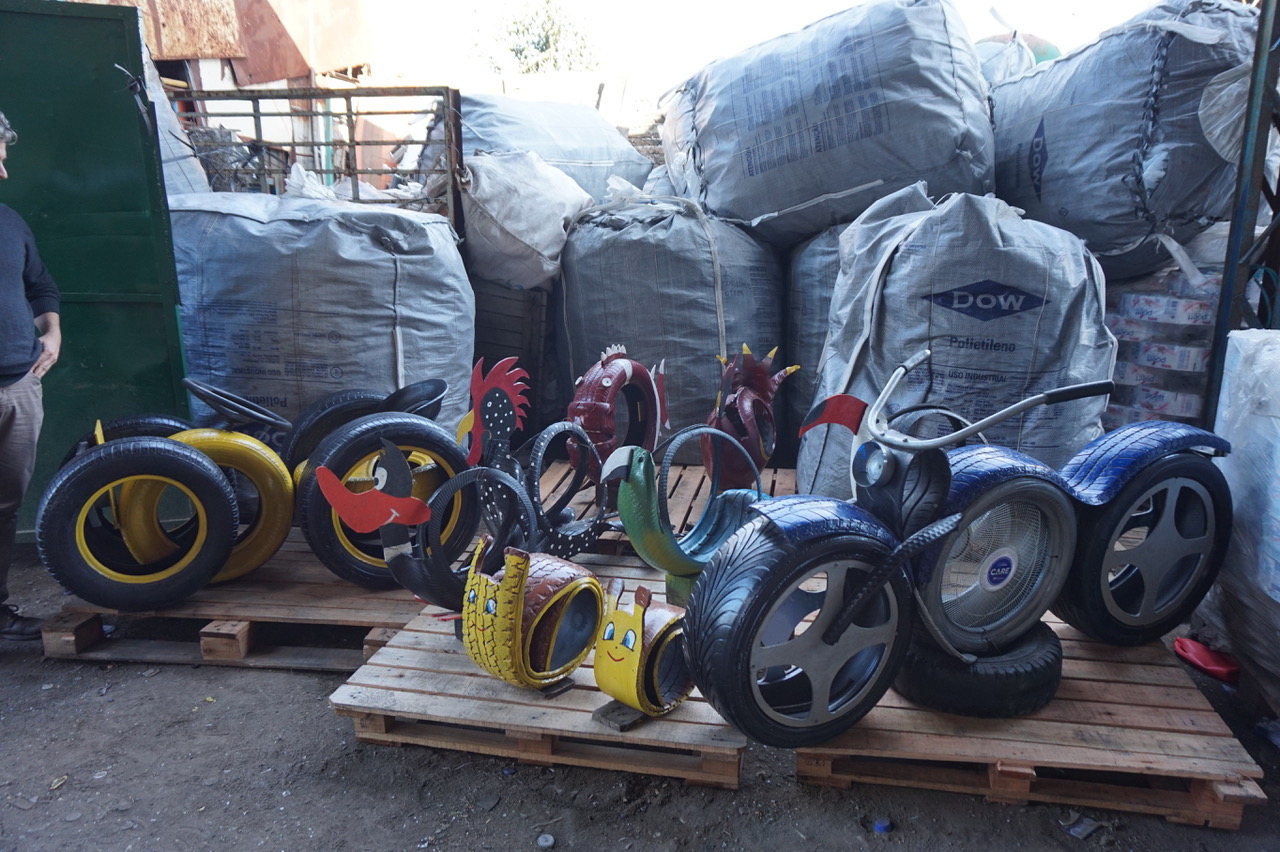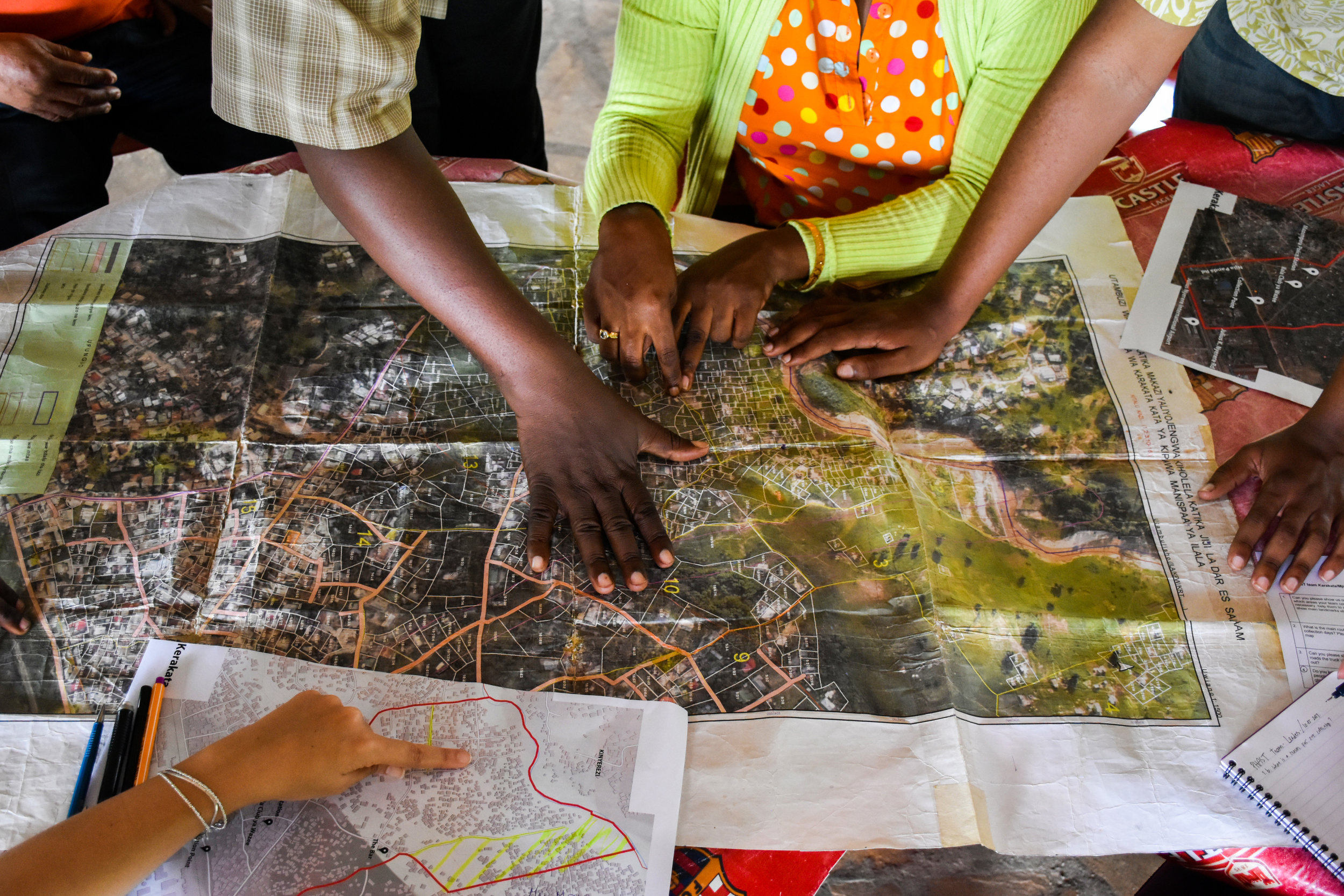Past Project
Inclusive solid waste management policy design
- promoting resource recovery over waste
Participatory sustainable waste management (PSWM) presents one option available for dealing safely with non-contaminating waste; in this case, solid recyclable waste, which can be used as a rich resource for income-generation. By collecting recyclable material, community members are able to boost their personal incomes while also contributing to a more healthy and sustainable local environment. As a response to poverty and the increasing value of recyclables, the number of people involved in such ‘waste picking’ or 'resource reclaiming' is growing in many cities across the globe, particularly in large metropolitan areas such as São Paulo and Vancouver.
The purpose of PSWM is to help expand participatory processes and to improve the organization of these waste pickers or recyclers. This is done through capacity building, strengthening organizational structures, increasing awareness, adding value to recyclables by increasing the effectiveness and the safety during the collection, separation, stocking and collective sale of recyclables. In the long term, PSWM aims to improve the urban environment in this area through participatory waste management.
Participatory waste management means:
Putting the community in control of their urban environment, and strengthening their resources to improve it.
Improved waste management in the hands of strengthened co-operative enterprises.
Involving people in the decisions and policies that affects their lives.
Directing research efforts towards the people.
Improved environmental knowledge, more responsible consumption, and reduced waste.
Many of the research initiatives described on this website fall under PSWM. Explore the Research section to find information about current and concluded projects.
Balancing power relations: participatory mapping and knowledge sharing from unheard voices, misrecognised actors and powerful actors (government and academia). Photo credit: Diego Puente. Creative Commons 2.0 (No modifications).
Related Publications:
Gutberlet, J. (2015). More inclusive and cleaner cities with waste management co-production: Insights from participatory epistemologies and methods. Habitat International. 46: 234-243. http://dx.doi.org/10.1016/j.habitatint.2014.10.004
Nunn, N. & Gutberlet, J. (2013). Cooperative recycling in São Paulo, Brazil: towards an emotional consideration of empowerment. Area, 45 (4): 452-458. DOI: 10.1111/area.12052.
Gutberlet, J.; Baeder, A. M.; Pontuschka, N. N.; Felipone, S. M. N. & dos Santos, T. L. F. (2013). Participatory Research Revealing the Work and Occupational Health Hazards of Cooperative Recyclers in Brazil. Int. J. Environ. Res. Public Health, 10 (10): 4607-4627. DOI:10.3390/ijerph10104607.


